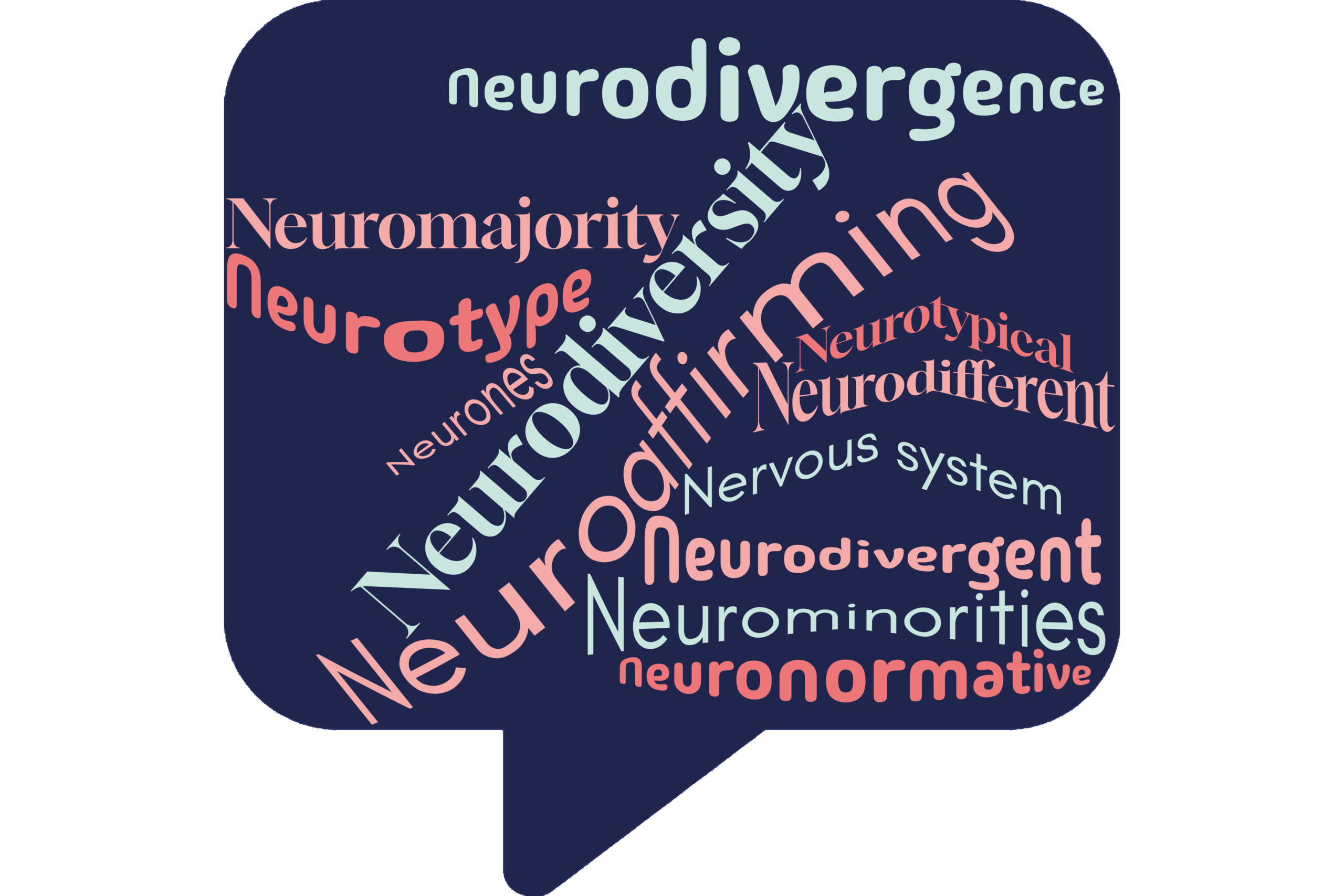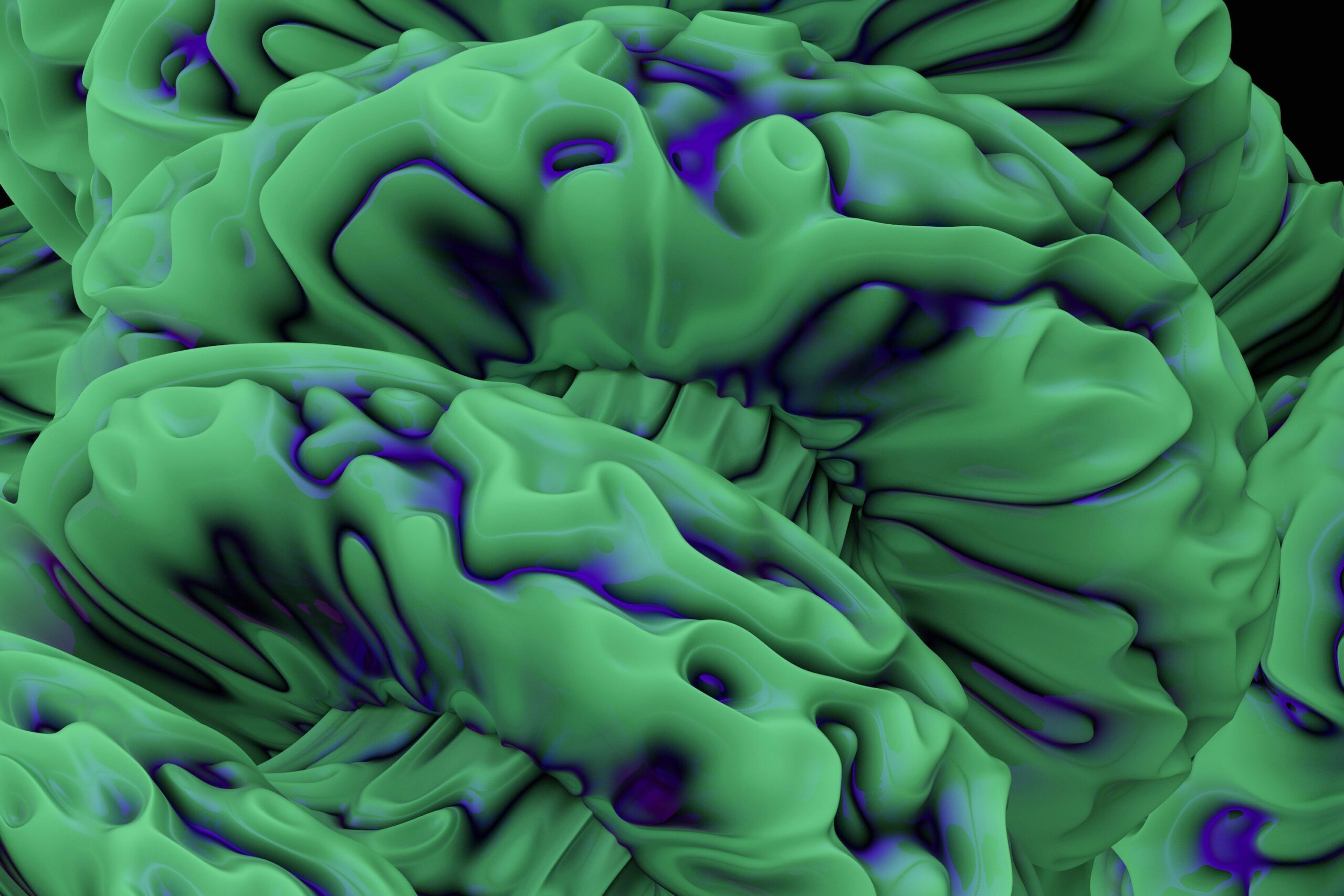-

Why the language of neurodiversity shapes how we see each other
Read more: Why the language of neurodiversity shapes how we see each otherLanguage shapes the way we understand and describe the world. When discussing neurodiversity, the words we use to describe ourselves and others impact our identity, sense of belonging, and understanding of difference. They also reveal the assumptions and beliefs we have about these differences in ourselves and others. Why does this matter? For most of…
-

Are you eligible for free coaching?
Read more: Are you eligible for free coaching?Navigating the world as a neurodivergent person can be tricky. Too often, our experience of the workplace is far from a level playing field. The purpose of Access to Work (AtW) funding is to level the playing field so that we can thrive at work. Check out my checklist for ways to make the application…
-

Some lesser known sides to ADHD
Read more: Some lesser known sides to ADHDWhen most people think of ADHD, they picture the familiar traits of distractibility, impulsivity, and hyperactivity. But for many, these are just one part, albeit a considerable part of something more complex. For many people, there are additional struggles which can appear random or unconnected: unusual levels of muscle tension, restless legs, challenges around posture,…
-

The many faces of ADHD: Beyond the stereotype
Read more: The many faces of ADHD: Beyond the stereotypeWhen people think of ADHD, a specific picture often comes to mind: the fidgety schoolboy who can’t sit still, talks too much, never finishes his work, and is constantly in trouble for blurting out answers or ‘messing about’. However, this stereotype is just one face of ADHD, but because it has been the face, many…
-

Why different brains make better business
Read more: Why different brains make better businessHave you ever felt your workplace doesn’t quite fit the way you think, process and move through the world? From the recruitment process to team dynamics, many workplace ‘rules’ have evolved from stereotypical ideas of how people think and work. Different ways of thinking bring fresh perspectives and powerful strengths – and unlocking them can…
-

Understanding neurodiversity models
Read more: Understanding neurodiversity modelsWhen we receive a neurodivergent diagnosis, it can feel like seeing ourselves clearly for the first time. Many clients tell me it brings a sense of recognition, even relief: “I’m not broken, just different.” But with this new self-awareness often comes something else – a reckoning with the models that shape how society views us.…
-

Reclaim your strengths with neuroinclusive coaching
Read more: Reclaim your strengths with neuroinclusive coachingThere’s a well-known quote attributed to Albert Einstein: “If you judge a fish by its ability to climb a tree, it will live its whole life believing that it is stupid.” For those of us whose brains and bodies work differently, this captures something essential. When systems and assumptions don’t accommodate how we actually think,…
-

What is neuroinclusive coaching?
Read more: What is neuroinclusive coaching?Neuroinclusive coaching is an adaptive and flexible approach which recognises and affirms the diversity of human minds. It is a strengths-based approach which honours the unique ways in which you experience the world. It creates a space that is accessible and affirming, one where you can choose to unmask if you want to. Ultimately, it…
-

Identity transition after a neurodivergent diagnosis
Read more: Identity transition after a neurodivergent diagnosisDiscovering you are neurodivergent, whether through a formal diagnosis or self-identification, can be life-changing. For many, it begins as a moment of profound recognition. But what follows is often less talked about: identity transition. Everyone experiences identity transition differently, but there do appear to be some common themes, and it is not unusual to hear…
-

Coaching, mentoring or therapy?
Read more: Coaching, mentoring or therapy?When you’re navigating a world that wasn’t built with your brain and body in mind, the support you need might not fit into tidy categories. Is it a coach, a mentor or a therapist or a mixture? For many neurodivergent people, a diagnosis (formal or not) can mean revisiting lots of things: our past, what…
